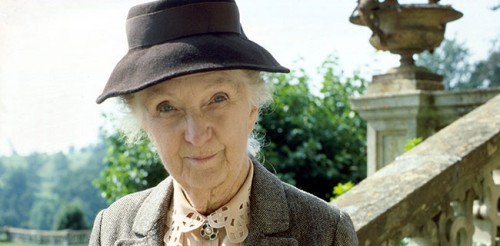A new website has just hit the scene: CommunityFunerals.org.uk. It seeks to develop the concept of a not-for profit community funeral service, and presents for consideration four models of what it calls a Community Funeral Society (CFS). It hopes to grow the idea organically by inviting feedback from its readers, then incorporating their ideas. It’s a collaborative project.
It’s a radical idea. Goodness knows what sort of traction it is going to achieve.
But it arrives on the scene at the same time as two interesting new enterprises.
The first is Norfolk Funerals, the first-ever not-for-profit funeral home in the UK, established by a charitable trust and now open for business. Find its website here. Note: we have received a large number of emails about Norfolk Funerals. Please see the separate blog post dated 11.05.2012, where NF will respond to your queries.
The second is Powell and Family Direct, which has established itself as a Community Interest Company (CIC). A CIC is a company structure created, according to the website of the CIC Regulator, “for the use of people who want to conduct a business or other activity for community benefit, and not purely for private advantage.”
Find Powell and Family Direct here.
Bryan and Catherine Powell, founders of Powell and Family Funeral Directors and Powell and Family Direct, are hosting an open meeting for all funeral directors interested in remodelling their business as a social enterprise. It’s called Social Enterprise For Funeral Directors, and it’s being held on Saturday 19 May, 11am til 3pm in their Droitwich office at 15 North Street, WR9 8JB. Book your place by ringing 01905 827767, or email bryan.powell@powellandfamily.co.uk.
Is there a wind of change blowing through Funeralworld?
Below is the creed of ComunityFunerals.org.uk. It is titled, appropriately:
We Believe
1. We believe that customs, practices and attitudes have grown up which isolate and marginalise the dead and the bereaved and must be challenged
2. We believe that one of the consequences of this marginalisation is that the management of death has become commercial rather than community centred, and that, at a time when people are emotionally and cognitively vulnerable, this causes unease for both the client and, often, for the provider of services
3. We believe that funeral ceremonies, for those who want one, can and must offer greater emotional and, where appropriate, spiritual value
4. We believe that everyone should have access to unbiased information and opinion which enable them to make informed, independent choices according to their values and financial circumstances
5. We believe that funerals must offer better value for money
6. We believe that many bereaved people need access to a range of practical and emotional support services which the commercial model struggles to accommodate at present.
7. We believe that these needs can be met only if the work of specialist support agencies is augmented by collaborative, compassionate community engagement in the form of volunteering
8. We believe that most of the tasks funeral directors undertake are not specialist tasks at all and can be undertaken by ordinary people
9. We believe that, as longevity progressively alters the experience of ageing and medical interventions protract the experience of dying, we must find new and better ways of addressing them
10. We believe that denialist attitudes to ageing and dying are rooted in fear, that this fear is rooted in ignorance, and that fear can be mitigated by knowledge and understanding
11. We believe that attitudes to ageing, dying and death must be restored to emotional health in such a way as to reflect their normality and naturalness
12. We believe that communities are brought together when impelled by duty, altruism and self-interest. It is in our interest to help others because, in time, we shall need them to help us. It is also very satisfying
13. We believe that many people playing small parts, according to their abilities, makes us more effective
14. We believe that communities must host conversations and encourage educational initiatives about end-of-life matters among people of all ages, and that these activities are best initiated and hosted by informed, ordinary community members
15. We believe that there are organisational and financial models that are inclusive, secure and affordable and which are flexible enough to adapt to local circumstances. We have called these Community Funeral Societies.
Find CommunityFunerals.org.uk here.

